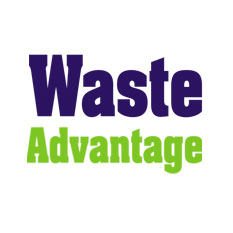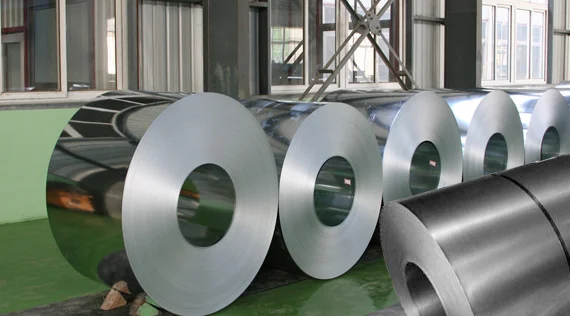Two Organizations in California Receive EPA Grants to Combat Food Waste, Climate Change
Waste & Recycling | 2023-01-26 00:07:02
The process produces biogas, which can be captured and used for energy production, and digestate, a nutrient-rich product used for fertilizer.
SEATTLE (Waste Advantage): The EPA announced two grants to organizations in California – Monterey One Water and the Yurok Tribe – to divert food waste from landfills by expanding anaerobic digester capacity. Anaerobic digestion is a process in which microorganisms break down organic materials, such as food scraps, manure, and sewage sludge, in the absence of oxygen. The process produces biogas, which can be captured and used for energy production, and digestate, a nutrient-rich product used for fertilizer.
“These innovative zero waste projects will turn food waste into renewable energy, reduce pollution and support California and Tribal communities,” said EPA Pacific Southwest Regional Administrator Martha Guzman. “Anaerobic digestion projects not only cut food waste that could end up in landfills, but combat climate change by capturing methane for use, instead of having it go into the atmosphere.”
The selected grant recipients in California and anticipated award amounts are:
Monterey One Water (Monterey County, $169,000) plans a study to evaluate the conversion of anaerobic digesters at its wastewater treatment facility to equip them to co-digest sewage sludge with food and other organic wastes. “Completion of this study and implementation of co-digestion will be key in helping Monterey One Water and our project partner, ReGen Monterey, adapt to the changing climate and enhance the services we provide the community,” said Paul A. Sciuto, Monterey One Water General Manager. “Thanks to this funding from EPA, we hope to be a model for cross-sector collaboration as we work together to meet State requirements to divert organics from landfills and increase our renewable energy production to help secure the power needs our essential, 24/7 operations require.”
Yurok Tribe (Klamath, $200,000) plans to divert food waste from a landfill by establishing a pilot anaerobic digestion facility and supporting food sovereignty by using digestate and biogas for food production at the Klamath Food Village. “This grant allows the Yurok Tribe to establish an anaerobic digestion facility to divert the food waste generated on and near the Yurok Indian Reservation. Digestate will be utilized to support food sovereignty efforts and be added to food production spaces,” said Louisa McCovey, Environmental Director of the Yurok Tribe Environmental Department. “The grant progresses the Tribe’s mission of a sovereign food system and helps to ensure that every Yurok Tribal member has access to sufficient food to meet their nutritional and cultural needs in order to thrive, with food that is provided and procured in culturally and environmentally responsible ways.”
By decreasing the amount of wasted food in landfills, anaerobic digestion reduces landfill methane emissions, in turn reducing impacts of climate change. Methane traps 28 to 36 times more heat in the atmosphere over a 100-year period than carbon dioxide. Additionally, anaerobic digestion is a strategy included in EPA’s food recovery hierarchy that is preferable to landfilling and incineration because it reclaims valuable resources, contributing to a circular economy. Keeping food waste out of landfills by transforming it into fuel or fertilizer can save money and reduce environmental impacts.
Courtesy: www.wasteadvantagemag.com
 By
By 